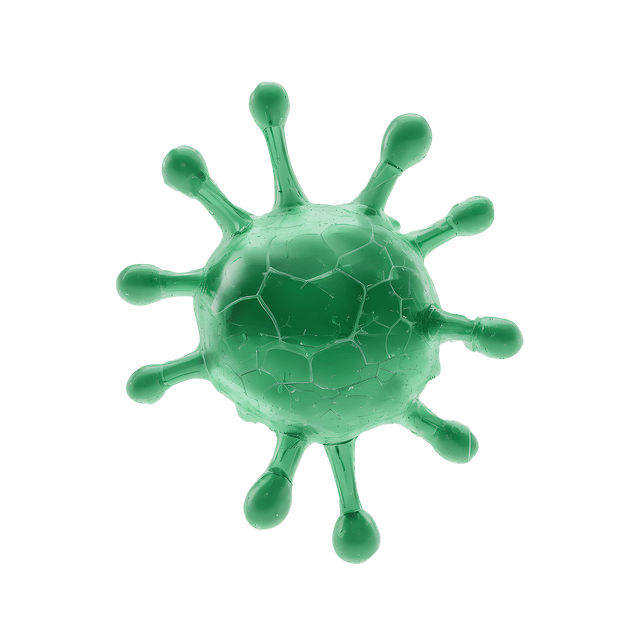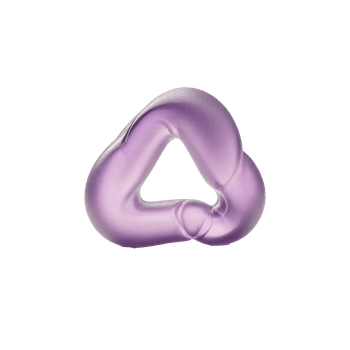Common symptoms at the beginning of menopause
During the transitional phase of menopause (also known as perimenopause), we women can experience a range of physical and emotional changes. Experiences that can be quite frustrating but also affect our everyday lives. This is not so strange because the body undergoes several hormonal processes that can cause both physical and emotional symptoms. Hang in there because here comes the list; Hot flashes, night sweats, sleep problems, mood swings, weight gain, frustration and constant irritation. To name just a few of the most common symptoms.
Although symptoms can be related to a normal part of the transition phase, they can be quite unpleasant and have a strong impact on your quality of life, your mood and unfortunately also people around you. Fortunately, you don't have to feel alone, and even better, there are simple tricks to improve the situation.
Healthy diet and exercise - this is how you can relieve symptoms during menopause
An important aspect to consider when it comes to diet during menopause is eating nutritious food that supports the body's needs. Like so many other things, you can of course improve your well-being with diet, even if it sounds like a cliché, diet has extra importance when we enter menopause. This is logical and is based on the fact that if the body's hormone production is to function optimally, nutrition and a well-functioning intestinal flora are needed.
Important advice to optimize your diet during menopause:
- Eat a balanced diet: Focus on getting a variety of nutrients by including a variety of foods in your diet. Fruits, vegetables, whole grains, lean protein and healthy fats should form the basis of your meals.
- Increase your intake of plant-based foods: Vegetables, fruit, beans, nuts and seeds are very rich in fiber as well as vitamins, minerals and antioxidants that can support good health during menopause. Try to include them in your regular meals.
- Reduce your intake of sugar and refined carbohydrates: Limiting your intake of sugar and refined carbohydrates can help reduce weight gain and blood sugar swings. Instead, you can choose healthy options such as whole grains, fruits and vegetables.
- Prioritize calcium and vitamin D: During menopause, bone mass decreases in women, which can increase the risk of osteoporosis. It is important to get enough calcium and vitamin D to support bone health. Dairy products, fish with bones, tofu, sesame seeds and green leafy vegetables are good sources of these nutrients.
- Increase your intake of omega 3 fats: Omega-3 fatty acids have anti-inflammatory properties and can help relieve joint pain and stiffness that some women may experience during menopause. Fish, nuts, seeds and avocados are good sources of omega-3 fats.
Even if you change your diet, there are unfortunately no guarantees that you will get rid of the problem completely, but at least you create better conditions. It is important to admit to yourself and come to the realization that each woman's experience of menopause is completely unique. Seeking support from health experts, attending support groups, or talking to other women in the same situation can also be very helpful in managing frustration and finding strategies to promote well-being during the transition phase. But what actually happens in the body? Below we list some of the most common factors that affect us.
Factors that affect us in menopause
- Hormonal changes: During menopause, the production of estrogen and progesterone decreases, which can lead to hormonal imbalances. These changes can cause hot flashes, night sweats, sleep problems and mood swings, which can be both physically and emotionally taxing. With us at Testmottagningen, you will find several affordable health tests to measure your hormonal levels.
- Physical symptoms: Weight gain, fatigue, joint pain, dry mucous membranes and reduced sex drive are unfortunately some of the symptoms that can affect the body's well-being and self-esteem during menopause.
- Lifestyle changes: Menopause often marks a transitional phase in life, where women face new challenges and changes. This may mean that the children move away from home, career changes or other major life changes. These changes can create a strong sense of uncertainty, loss and frustration.
- Lack of knowledge and understanding: Menopause is still a topic that does not always receive enough attention or is discussed openly, which we are partly trying to change with the help of this article. Many women may feel confused or unsure about what is happening in their bodies and how to manage the symptoms. A lack of knowledge, health data but above all support can lead to frustration and anxiety.
Exercise through menopause?
Just like diet, physical activity and exercise can also give rise to increased self-esteem, well-being and, not least, better physique. Regular exercise can be very helpful during the transition phase to menopause. Exercise can help alleviate symptoms and promote well-being on several different levels. Menopause often gives rise to increased stress and new emotional challenges. Physical activity releases endorphins, which can improve mood and reduce both stress and anxiety.
Many women experience sleep disturbances during menopause, which can be affected with regular exercise in order to promote a more regular sleep cycle. At the same time, exercise contributes to cardiovascular health by lowering blood pressure, improving cholesterol levels and strengthening the heart muscle. Practice makes perfect!
As usual when it comes to exercise, it is important to choose a form of exercise that suits you and that you enjoy. Both aerobic exercise (such as running, swimming or dancing) and strength training can be beneficial during menopause. It is also important to remember to start at an appropriate intensity level and not go too hard or train beyond your ability.
















